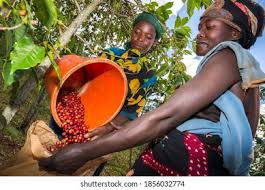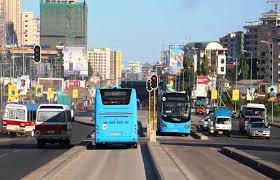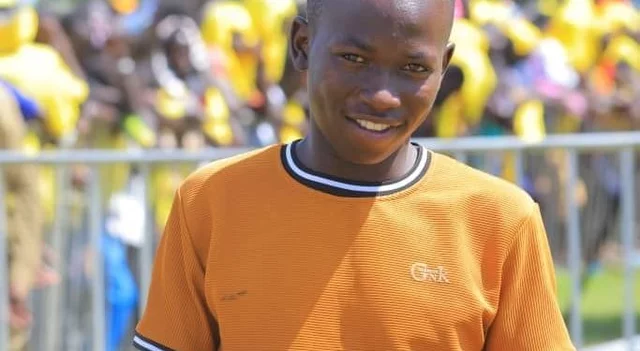Can a short United Nations resolution written 25 years ago really change lives in rural Africa? In Uganda, the answer is yes.
Across the country — from Kasese to Kyegegwa — women are proving that peace is more than just the end of war. It means equality, justice, safety, and a voice for everyone.
In 2000, the UN Security Council Resolution 1325 on Women, Peace, and Security (WPS) made a bold promise: that women must be part of all decisions about peace and security.
It recognized that while women and girls suffer most during conflict, they are also key to rebuilding and reconciliation.
Twenty-five years later, Ugandan women are bringing that promise to life — not in international meetings, but in their own communities.
“Peace begins in communities,” says Adekemi Ndieli, UN Women’s Deputy Country Representative in Uganda. “It is built by those who live through conflict and know what their people need — especially women and youth.”
In western Uganda’s Kasese District, Juliet Mbambu has turned her struggles into strength.
Living with a disability caused by polio since childhood, she faced exclusion and hardship. But today, she leads the Bwera United Women with Disabilities Association, helping women with disabilities find their place in peacebuilding.
“You wouldn’t build a ramp without asking someone who uses a wheelchair,” she says. “It’s the same with peace — nothing for us without us.”
Through UN Women and the Coalition for Action on 1325 (CoACT), Juliet was trained in mediation and leadership. She now organizes community dialogues that help prevent youth from being drawn into violence and extremism.
“We don’t preach,” she says. “We listen. And when young people are heard, they become part of the solution.”
At just 26, Angel Musiime from Kyegegwa is both a parish chief and a peace mediator.
Her journey was far from easy. After losing her mother and becoming a young single mother, many told her to give up her dreams.
“They said my life was over,” she recalls. “But I chose to make my mother proud.”
In 2023, she joined a CoACT training supported by UN Women, learning skills in conflict resolution and gender equality.
Today, she helps families solve domestic disputes and supports women facing abuse.
“Peace means giving others the confidence to lead,” she says proudly.
In the same region, Sharon Kabugho, a communications officer in Kasese District, works to connect government policy with people’s real lives. She helps implement Uganda’s Third National Action Plan (NAP III) for Women, Peace, and Security — a national framework that brings Resolution 1325 to local communities.
“Sometimes you just jump on the back of a pickup to reach a remote village,” she laughs. “Nothing stops us from getting there.”
Through NAP III, Local Action Plans (LAPs) are developed to solve community conflicts — such as land disputes, domestic violence, and resource competition — while ensuring women have a voice in decision-making.
Sharon also uses radio programs and social media to reach women who can’t attend meetings.
“Peace is about seeing the humanity in each other,” she says. “When women are safe, everyone is safe.”
Since 2008, Uganda has been a regional leader in implementing the Women, Peace, and Security agenda.
The latest National Action Plan (2023–2027) focuses on grassroots peacebuilding and women’s leadership.
With funding from the Government of Norway and support from UN Women, Uganda has achieved impressive progress:
• Women’s participation in local peace committees grew from 17% in 2022 to 46% in 2024.
• Over 500 community-level conflicts were peacefully resolved in 2024 through women-led initiatives.
• Hundreds of youth and women mediators have been trained to prevent violence and promote inclusion.
“A society that protects women’s safety protects its own future,” says Ndieli. “Peace is no longer just a theory. It’s happening in every village where women lead.”
What started as a four-page resolution in New York has become a powerful movement of women transforming their own communities.
Juliet, Angel, and Sharon — and hundreds of others like them — are proving that peace is not about silence, but about voices being heard.
“Peace isn’t for people in suits,” says Sharon. “It’s for every woman who stands up and says: we deserve safety, dignity, and a say in our future.”
In Uganda, these women are showing the world that true peace is not written on paper — it is built by hands, hearts, and courage.



